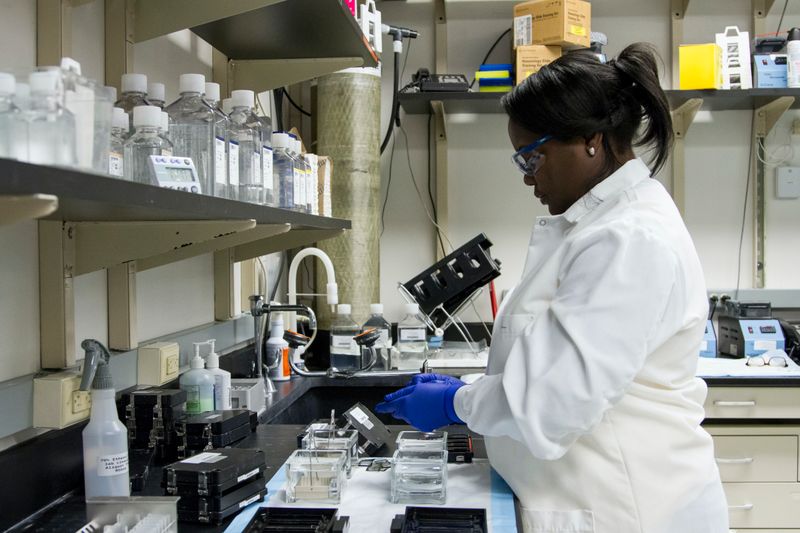An epidemiologist plays a very important role in society.
They research the causes and consequences of illness and disease
They collect and analyze their findings
They present their findings to the public, health practitioners, and local and federal governments
They also help prevent these diseases from spreading and threatening societal health
Ultimately, their work shapes the health policies we live with today.

Preparing For This Career
Although you can come from any area, a Bachelor's degree in health or natural science is preferred. Additionally, you would need to obtain a Masters's degree in Epidemiology or a related field.
Students enrolled in a graduate program work closely with professors who are genuinely dedicated to the study of diseases.

You could be working on writing grants to attain funding for your research one day, and the next day, chatting with international public health officials about next steps for preventing a disease outbreak!
A Day In The Life Of An Epidemiologist
Where would an epidemiologist find work?
government agencies whether federal or even for a small city
private research facilities
pharmaceutical companies
hospital systems
universities
 Photo by National Cancer Institute on Unsplash
Photo by National Cancer Institute on UnsplashOn a given day, an epidemiologist:
Works in a clean, well-lit location like a laboratory or office
Traves to a location to research and monitor the outbreak of a disease
Analyzes data related to a current outbreak
Educates the public, patients, doctors, and policymakers about diseases and infections
What Could You Earn?
The average epidemiologist salary in the United States is $98,708
An epidemiologist in Canada typically earns around $88,000
Is This For You?

If you enjoy using math, science, and the notion of unraveling the unknown facts of a disease, this might be for you!
To excel in this career you need to:
think creatively and critically
communicate ideas in reports and papers
use math and statistics to analyze data
research and be curious about tdiseases
work on a team
This may not be the right career if you:
prefer a consistent schedule that does not change
are not interested in working with data and numbers
do not enjoy using new software and technology
Let's look at these two prospective Epidemiology students:
Thomas
has a Bachelor's degree in Chemistry
is the president of the student body
has experience working with high school students that compete in science competitions
Jaya
enjoys working with the public
has a Bachelor's in Communications
excelled in math classes
has volunteered with a local charity group
Quiz
Which of these students would be good fit for an Epidemiology program?
Take Action
If you feel this is the career for you, take a moment to write down any questions you have and then follow these suggestions:

Your feedback matters to us.
This Byte helped me better understand the topic.
